The latest data sourced by the EU Commission and reported through Bord Bia’s meat market dashboards shows Irish R3 prime male cattle averaging €3.62/kg (exclusive or VAT).
This is 14c/kg above the average EU price, but it should be remembered that this is for an R grading animal and a high percentage of male cattle slaughtered on the continent fall into higher grades.
While prices are running ahead of the average EU price, they continue to lag well behind the average UK price reported of €4.04/kg.
Seasonal trends
Looking at prices for previous years shows that current market dynamics are following seasonal trends for the time of year.
The Irish price for the corresponding time in 2019 of €3.66/kg was 16c/kg higher than the EU average, while 12 months earlier the Irish price of €3.95/kg was some 23c/kg higher, which dispels the theory that Irish prices cannot sustain a period where they are performing ahead of EU prices.
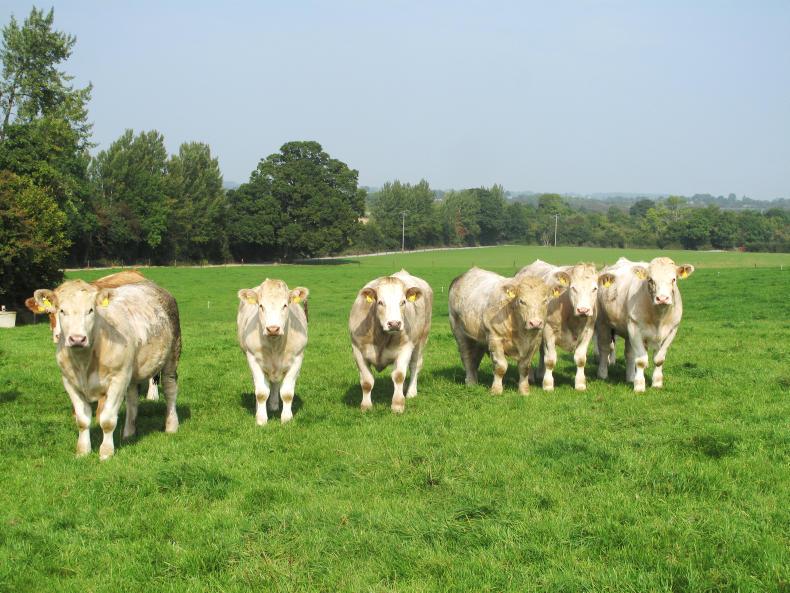
Looking at the Irish-UK differential for the same period shows that the gap had fallen to just 4c/kg at the start of July 2019, while a year earlier the UK price was 28c/kg higher.
Beef composite
The wider differential between Irish and UK prices in 2020 is being reflected in the comparison between the Irish composite price and the EU benchmark price.
The Irish composite price equates to the average price per kilo for all animals slaughtered based on the percentage of animals in different categories and grades.
The export benchmark price is a market indicator-taking process across key markets to which Irish beef is exported to and the prevailing prices across these markets.
The Irish composite price currently stands at €3.38/kg, while the export benchmark is €3.43/kg.
This time last year, the Irish composite was €3.44/kg, but the export benchmark was €3.33/kg due to the weaker UK price.
The prime cattle composite, which excludes cow prices, shows the Irish composite price currently running at €3.55/kg, while the prime export benchmark is €3.56/kg.
Firm demand
This week’s trade is starting strongly, with agents keen to try to maintain recent throughput of in the region of 37,000 head, but having to work hard to do so.
Prices have strengthened by 3c/kg to 5c/kg on last week’s levels. Base quotes for steers are in the region of €3.65/kg, with regular sellers and those with greater negotiating power securing an extra 5c/kg.
The trend is similar with heifers, with the average base quote running at €3.70/kg and more sellers with greater selling power pushing for 5c/kg higher returns.
There are still some plants trying to open negotiations at a base of €3.65/kg, but numbers moving at this level are low.
Young bulls and cows
The young bull and cow trade also remains solid, with average prices slowly edging upwards.
P+3 grading cows are trading in the main from €2.85/kg to €2.90/kg, with O grades averaging €2.90/kg to €3.00/kg.
Meanwhile, R grades range on average from €3.10/kg to €3.15/kg, with top prices secured by agents handling significant numbers or those specialising in finishing cows easily running 10c/kg plus higher.
The mart trade remains a good outlet for sellers with individual or low numbers of cows, with agents continuing to compete with northern buyers.
R grading bulls are trading in the main at €3.60/kg, but a 5c/kg swing either side is common place depending on the negotiating power and activity of the plant purchasing for young bulls.
U grades range from €3.65/kg to €3.75/kg, with the higher prices easier negotiated where carcase weights are in the region of 400kg and not greatly exceeding this mark.
Bulls less than 16 months and trading on the grid are selling on a base of €3.50/kg in plants with low interest in purchasing bulls on the grid to €3.60/kg.




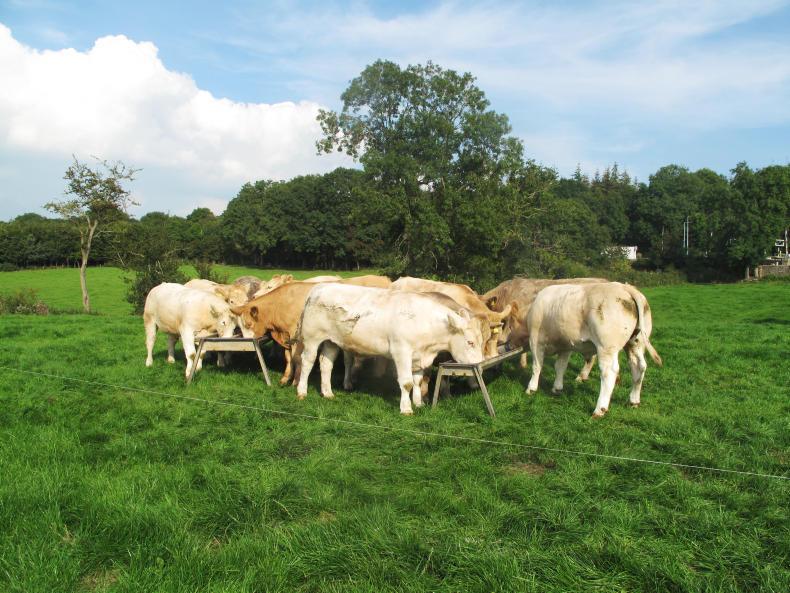
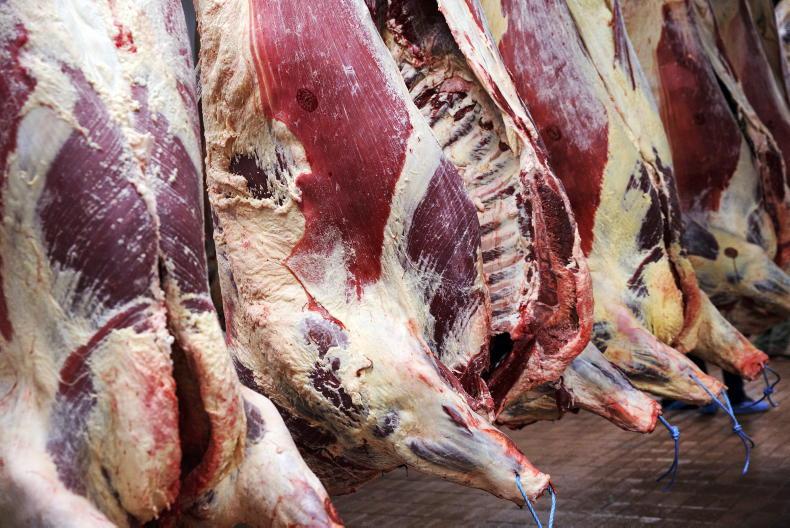

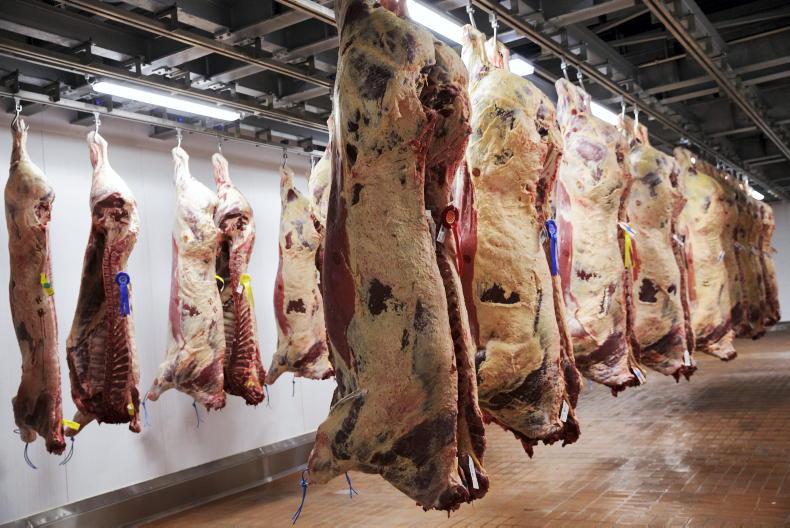
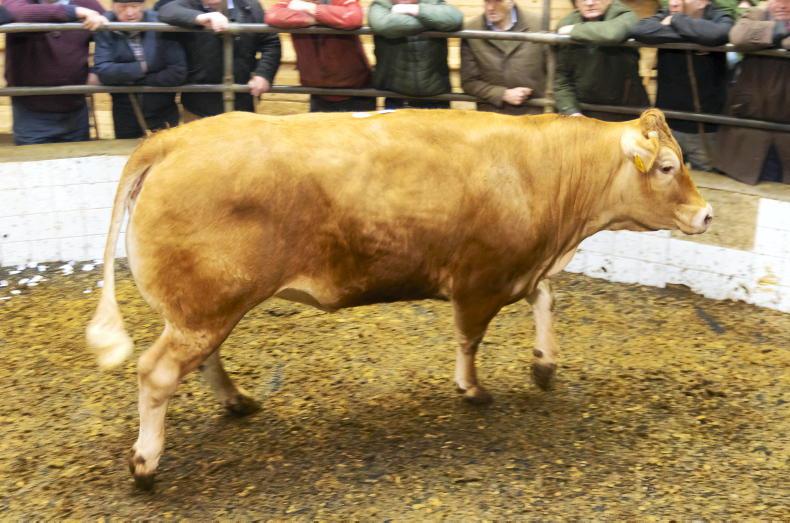
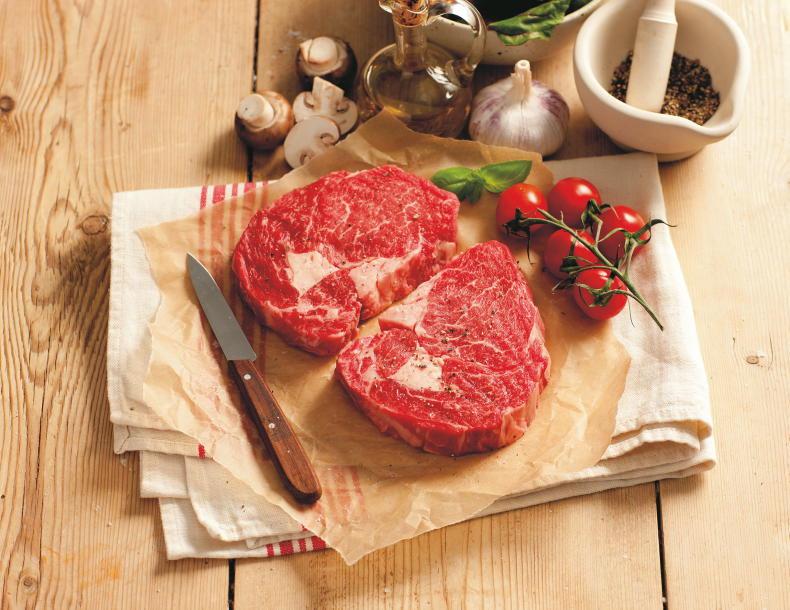
SHARING OPTIONS